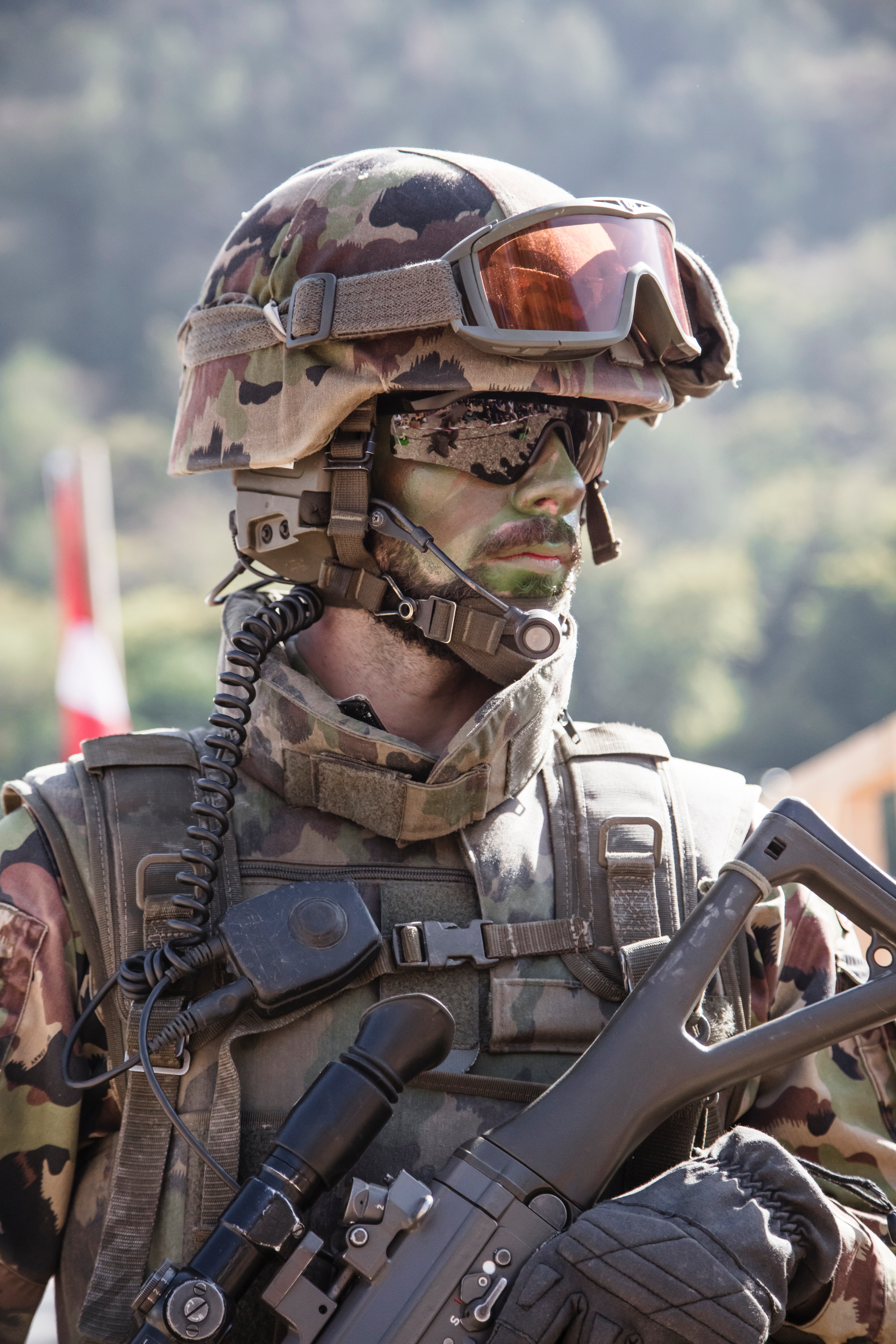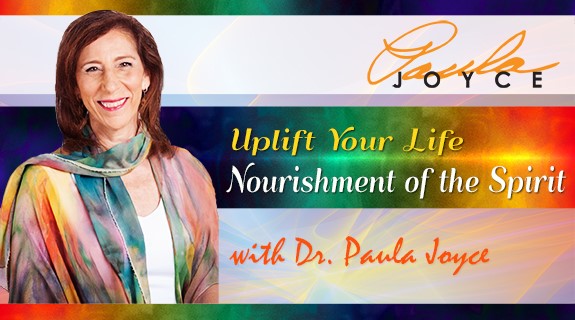Kristen Harper will be giving a speech for the “Get Your Mojo Back” Online Event.
Kristen Harper will be giving a speech for “Get Your Mojo Back: To Reclaim Your Health,...
Read Moreby VoiceAmerica | Feb 16, 2021 | Health & Wellness | 0 |
Kristen Harper will be giving a speech for “Get Your Mojo Back: To Reclaim Your Health,...
Read Moreby VoiceAmerica | Aug 21, 2019 | Empowerment | 0 |
I host a radio weekly internet radio show on the VoiceAmerica Empowerment Channel called Life...
Read Moreby VoiceAmerica | Feb 15, 2018 | Variety | 0 |
Many organizations have plans to help their employees evacuate buildings and get to safe locations...
Read Moreby VoiceAmerica | Jan 30, 2018 | Variety | 0 |
Many organizations have plans to help their employees evacuate buildings and get to safe locations...
Read Moreby VoiceAmerica | Jan 16, 2018 | Variety | 0 |
The 2018-03-08 episode will dig a bit deeper into how disasters impact our behaviors and ongoing...
Read Moreby VoiceAmerica | Feb 29, 2016 | 7th Wave | 0 |
Trauma describes a wide range of experiences that include single occurrences as well as on-going incidents. Some examples are: traffic accidents, the sudden death of a loved one, all forms of abuse, natural disasters, medical...
Read Moreby VoiceAmerica | Sep 15, 2015 | 7th Wave | 0 |
Join us Thursday on Uplift Your Life: Nourishment of the Spirit to learn how veterans and...
Read Moreby VoiceAmerica | Jan 26, 2014 | Health & Wellness, Variety, VoiceAmerica | 0 |
Yoga and meditation while dealing  with PTSD, TBI and MST. Pamela Stokes Eggleston: MBA, Senior...
Read More







